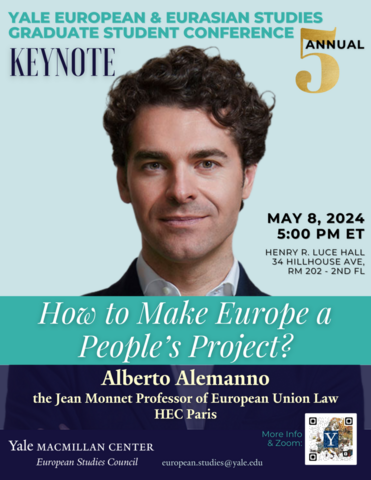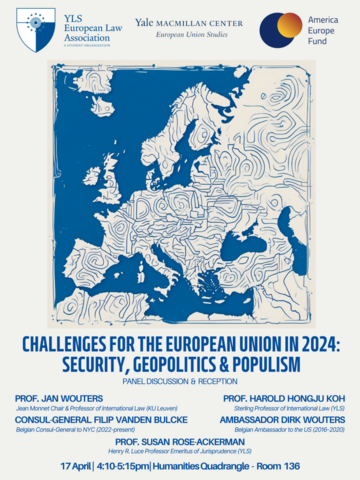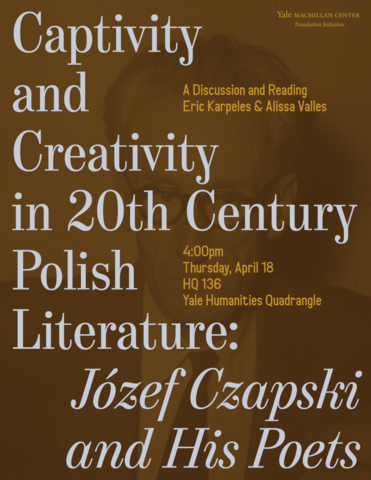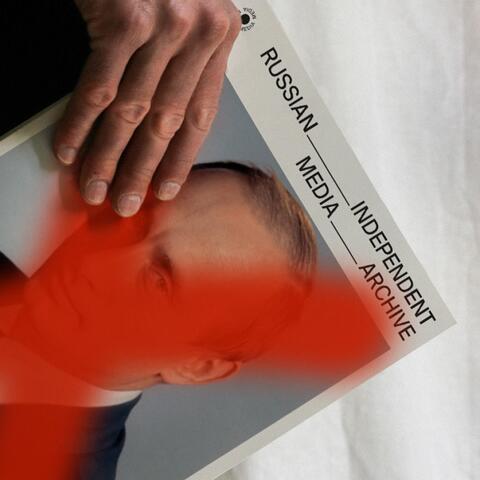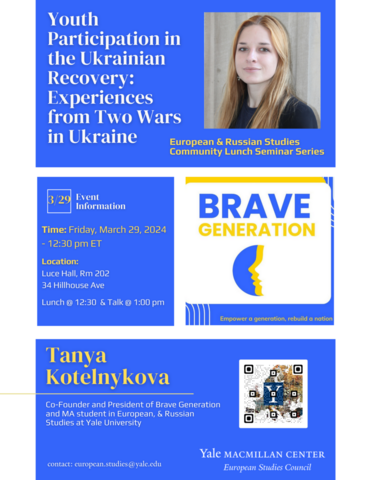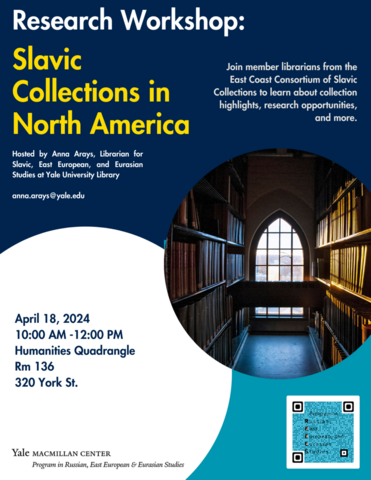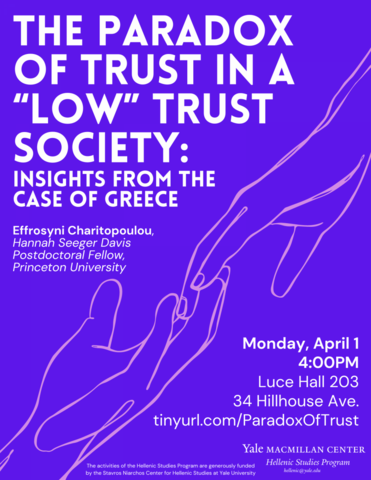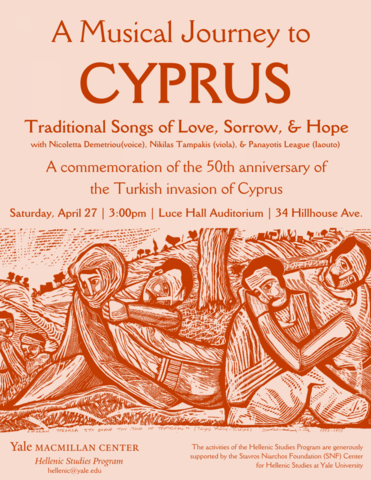Keynote: "How to Make Europe a People’s Project?" | Alberto Alemanno
Keynote Address of the 5th annual Yale European and Eurasian Studies Graduate Student Conference by Alberto Alemanno, the Jean Monnet Professor of European Union Law, HEC Paris (France)
Moderated by Ligia Fabris Campos, the Henry Hart Rice Visiting Professor, Yale University and Assistant Professor at the Law School of Getulio Vargas Foundation (Brazil)
“How to Make Europe a People’s Project?”
After 70 years of unprecedented socioeconomic integration, the EU continues to evolve through processes that largely marginalize citizens’ input. It remains virtually impossible for an EU citizen – not to mention its residents – to express their desire for a change in the Union’s direction and hold its institutions accountable. Yet the question of how would the Union look like if it had put citizens at its centre not margins remains not only unanswered but also unimagined.
Location: Henry R. Luce Hall, Rm 202 / Register to attend on zoom: https://bit.ly/YaleEuropeanGradConf & for complete conference schedule: https://bit.ly/2024-YaleESCGradConf
Bio: Alberto Alemanno is the Jean Monnet Professor of European Union Law at HEC Paris and visiting professor at the College of Europe in Bruges. One of the leading voices on Europe’s democratization, Alberto’s research has been centered on how the law may be used to counter social, health, economic, and political disparities of access within society. Alberto is also permanent visiting professor at the University of Tokyo School of Public Policy. Due to his commitment to bridge the gap between academic research and policy action, Alberto has established The Good Lobby, a nonprofit whose mission is to equalize access to power, by enhancing the advocacy capacity of civil society. Due to his public interest work, he was recognized Young Global Leader by the World Economic Forum, Ashoka fellow, Social Innovation Thought Leader by the Schwab Foundation and one of the top 40 influencers in Europe by Politico. Alberto is a regular contributor to Le Monde, The Guardian, Politico Europe, Bloomberg, and Euronews. His first trade book, ‘Lobbying for Change: Find Your Voice to Create a Better Society’, provides a conceptual and do-it-yourself guide enabling ordinary citizens to speak up and inform policy decisions at local, national and international level. Originally from Italy, Alberto is a graduate of Harvard Law School, the College of Europe and holds a PhD in International Law and Economics from Bocconi University. He lives in Bilbao with his three daughters.


